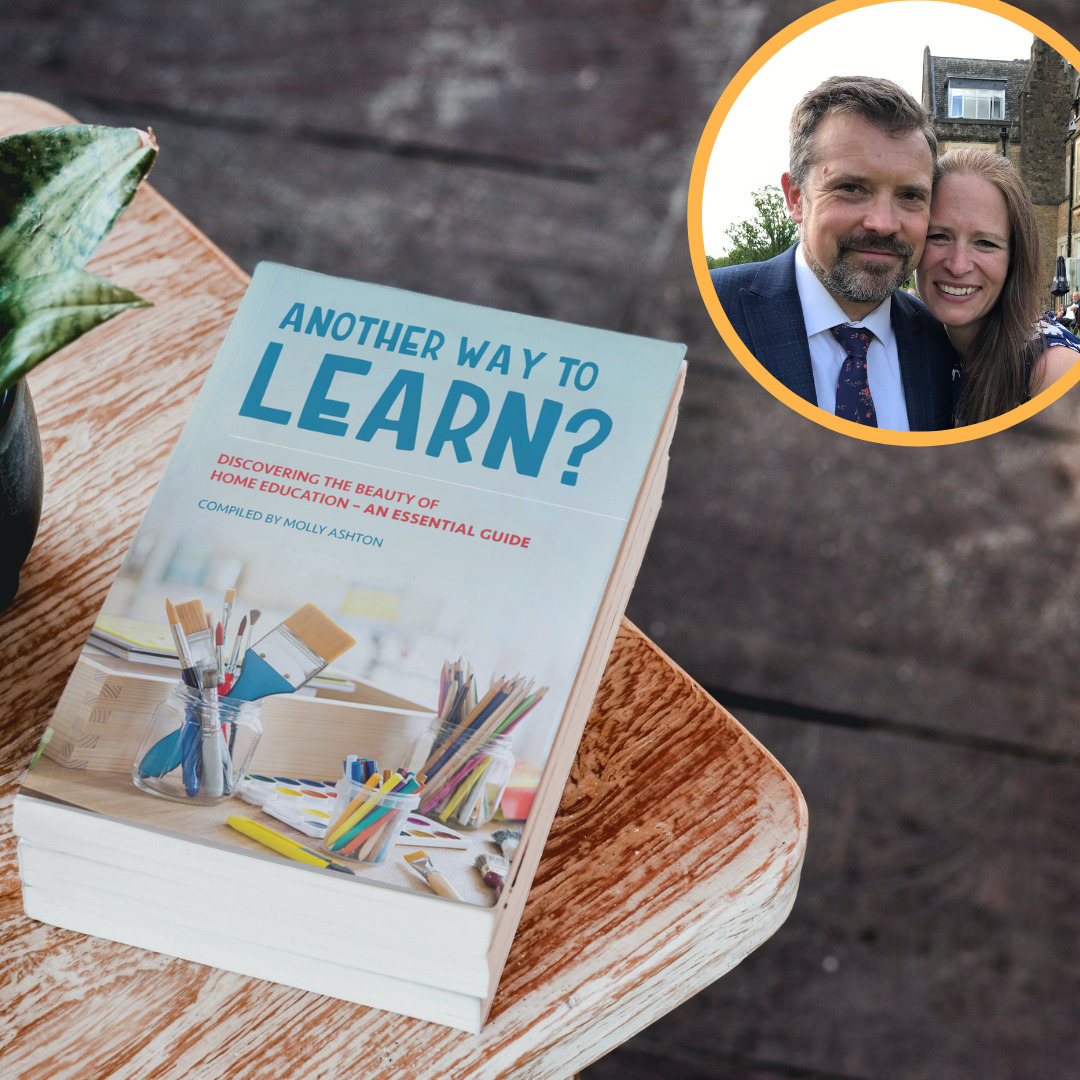
My wife and I are not ‘normal’. Amongst our peers and our family members we are the outliers, the ones that have chosen a slightly different ‘lifestyle path’ to everyone else. For a start, we are home-educating, but you’ve probably guessed that already. Nicola is, at the time of writing, a curate in the Church of England. This too, is not the norm. And even within our home education community we are unusual as Nicola is the one that is out at work, earning a crust, whilst I, Matt, am one of a rare breed of home-educating dads.
We started home-educating when Nicola started her training at Trinity College in Bristol. We moved there from Surrey, where I was a youth worker and Nicola was a part-time self-employed occupational therapist. Up until our move to Bristol, our two daughters had been in mainstream school (both in the same, really good, nurturing primary school) but we had started to consider home education as a viable option ever since our good friends had started home educating and we had seen their children thrive. We were possibly only going to be in Bristol for a couple of years whilst Nicola studied, so to minimise the disruption to our daughters’ lives we decided we would join up with our friends and home-educate our children together. Time goes quickly and we are now into our fourth year of this home education journey; what follows is a picture of how we have made it work as a family where the dad is at home and the mum is out at work.
Shared vision
The first thing is to have a shared idea of what home education is, a common vision as it were. More crucially, in our experience, it’s about working out together what you think is important for your children: what sort of people do you want them to be? What are the values that you want to expose them too and instil in them? Learning facts is actually secondary (in my opinion) and, as a couple, you may disagree on what’s vital in their formal education (times tables are one of those issues in our household). However, you can agree that you want your children to be (or at least have the opportunity to be) creative, kind, confident, curious, caring… Keeping these end goals in view puts everything else in perspective. And, that even includes learning times tables!
The cost
Ever since we have started home educating, we’ve been aware that it costs. It costs money. It costs time. It costs your original hair colour. But I suppose you can say that about parenting in general (and we can testify that it’s also worth every penny, second, grey hair and wrinkle)! It is worth taking time to recognise this. We all have to explore the financial implications and plan for this, this is obvious. The less obvious implication of following this path is the potential cost of being misunderstood by family and friends, feeling like you are disconnected from ‘normal’. On some days this is liberating, on other days you can feel “wobbly”. We have to recognise that these emotions are real. It has highlighted to us that this is not a road to walk alone but to find a community to walk with. This has been essential for us on our journey, particularly as we moved to a new city when we started home educating.
Playing to our strengths and not playing to our strengths
I’m a natural educator. I love learning and so it followed that I would be the one who did the home education. Our circumstances also determined who was at work and who was at home, although we ultimately did have a choice. I don’t find planning or budgeting easy, but Nicola is fabulous at both, so leads the way with those things. She is very organised – I am not – so it follows that she helps out with that side of our home education. For example, recently, Nicola has been producing monthly plans for our girls so that they know what is coming up.
There is a tension with just playing to your strengths, however, as there is great opportunity to be had in children seeing how their parents learn how to do things that aren’t in their ‘sweet spot’.
Additionally, it can be very beneficial for the non-home-educating parent to get involved when and where they can. Nicola’s present work schedule means that she can take the girls to different groups. This keeps their relationship going, she sees what they are up to (even home-educated children can be very minimal in their response to the question “How was your day today?”!) and it gives me a bit of a break!
This is an extract taken from the book “Another Way to Learn? Discovering the Beauty of Home Education” due to be published in September 2022. It has been slightly edited from the original (with the author’s permission).You can find out more about the book and pre-order a copy here: https://www.anotherwaytolearn.co.uk/[/et_pb_text][/et_pb_column]